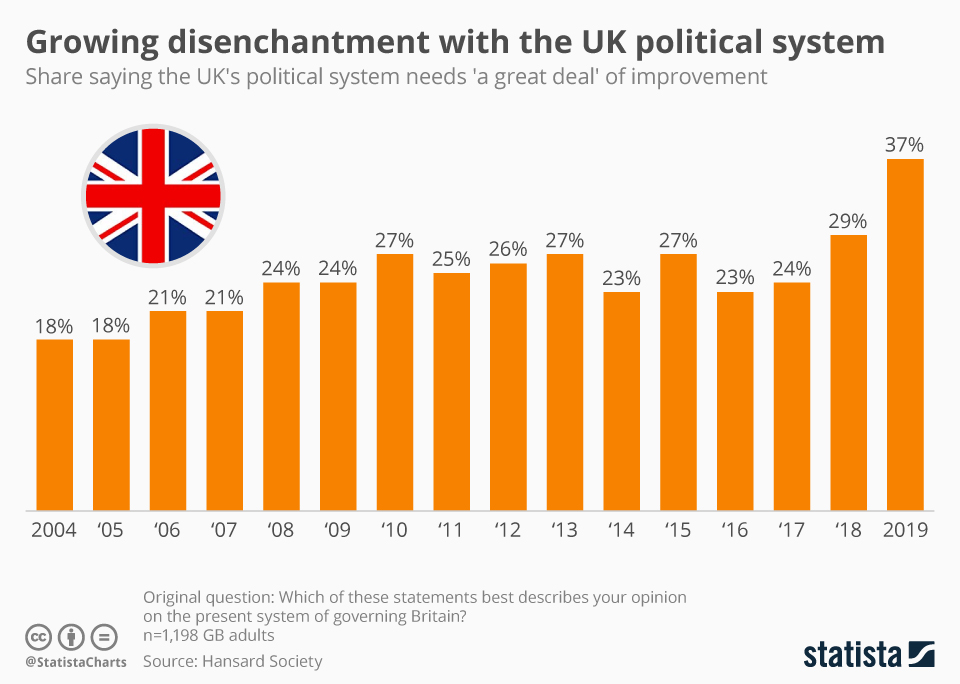Bruce Schneier has been valiantly going on about this for a while. Once upon a time, digital technology didn’t have many social, political or democratic ramifications. Those days are over. Universities, companies, software engineers and governments need to think about this — and tool up for it. Here’s an excerpt from one of Bruce’s recent posts on the subject:
Technology now permeates society in a way it didn’t just a couple of decades ago, and governments move too slowly to take this into account. That means technologists now are relevant to all sorts of areas that they had no traditional connection to: climate change, food safety, future of work, public health, bioengineering.
More generally, technologists need to understand the policy ramifications of their work. There’s a pervasive myth in Silicon Valley that technology is politically neutral. It’s not, and I hope most people reading this today knows that. We built a world where programmers felt they had an inherent right to code the world as they saw fit. We were allowed to do this because, until recently, it didn’t matter. Now, too many issues are being decided in an unregulated capitalist environment where significant social costs are too often not taken into account.
This is where the core issues of society lie. The defining political question of the 20th century was: “What should be governed by the state, and what should be governed by the market?” This defined the difference between East and West, and the difference between political parties within countries. The defining political question of the first half of the 21st century is: “How much of our lives should be governed by technology, and under what terms?” In the last century, economists drove public policy. In this century, it will be technologists.
The future is coming faster than our current set of policy tools can deal with. The only way to fix this is to develop a new set of policy tools with the help of technologists. We need to be in all aspects of public-interest work, from informing policy to creating tools all building the future. The world needs all of our help.
Yep.

